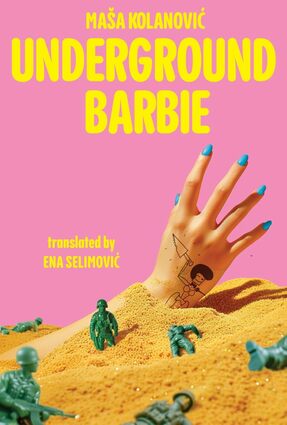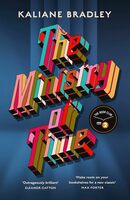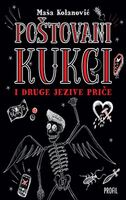
As the frequency of air-raid sirens sending an apartment building’s residents to the basement increases, the neighbor children block out reality with the toys at hand—some imported from Western Europe and North America, others regional knockoffs or questionably improvised. Maša Kolanović’s Underground Barbie brilliantly captures the vagaries of childhood as innocence gives way to the horrors of the news and the intrigues of sexual curiosity. The idealized glamour of Barbie and Ken on an endless honeymoon morphs into make-believe scenarios that reflect the splintering social structure brought about by the Yugoslav Wars of the 1990s: politicians campaigning to define what it means to be a “real” Croatian, a refugee ball with “disgusting” dolls that are lesser than “genuine” Barbie products, the discovery of a mass grave filled with headless corpses thought to be Ken’s mistresses.
Underground Barbie deftly renders how the power of imagination is used to overcome hardship, alongside a sharp critique of consumer culture, made even more stark against the shredded backdrop of a great socialist experiment.




